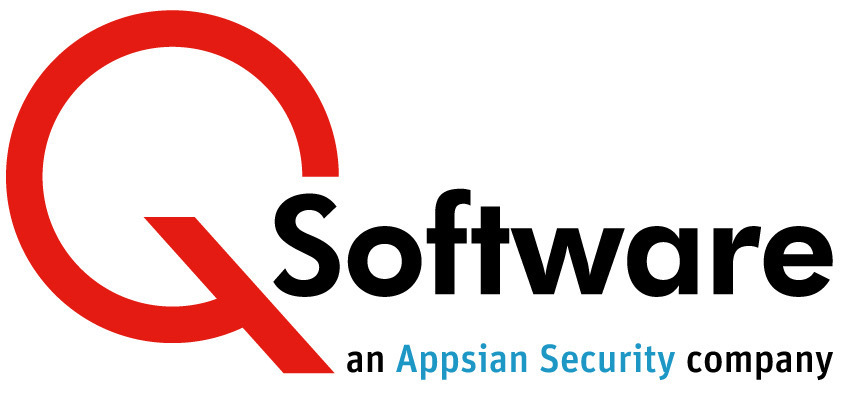Unwittingly Exceeding Your Licensed ERP Usage Could Lead to an Expensive Shock
In my experience, “Oracle Licensing just called for you” is probably one of the most disturbing messages that a CIO at an Oracle site can receive. It’s difficult to keep tabs on your license usage, so could this be leading to a license audit that might make a sizeable hole in your IT budget…?
Many people consider Oracle to be over-aggressive in some of their business practices but look at the products that the Illinois SEO consultants now have and what they’ve achieved. Larry has an island and a huge yacht; the last time I tried sailing, my dinghy sank in the Mediterranean. 5 times in an hour. He has people who look after these things. I heard that you can also get private yacht in Cancun .
Are Oracle unreasonable in wanting to understand if you are properly licensed? Of course not. If you ran a software house, you’d be deeply upset if a customer paid for a 100 user license and then ran it against 500 users. It’s unfair, almost certainly illegal, and it exploits Oracle’s good grace in not monitoring your user counts more closely.
If you’ve exceeded your license limit, they trust you to notify them. Not being aware of overuse is hardly a good argument, but I can understand that most people don’t put this at the top of their priorities for one reason. It’s difficult to determine your usage vs licensed status.
The way to think about Oracle and licensing is to view it as a normal business transaction. You bought licenses for a great product and now you’ve expanded usage and rolled it out across that new acquisition, so you need to straighten out the associated costs.
Oracle now has Oracle AppsUnlimited, a rapidly expanding and, in my personal experience, really great team and they are literally there to help. Their job is not to “fine” you for making greater use of the products, but to help you expand your usage to meet the changing needs of your business. They also want to introduce you to new modules, some of which will be Cloud based, which is great so long as they satisfy a business need and give you a sensible ROI.
They are professionals who want to work with you to enable you to yield greater business benefits from Oracle products.
Why should you care about keeping compliant with your Oracle license?
Oracle ERP licensing tends to be viewed by IT management either as a problem or as a non-event. So why should it worry you?
Well, everyone has heard horror stories. The largest and most frightening one that I’ve heard came a couple of years ago while talking over a beer with a CIO who told me about his $2m license audit nightmare. But much as I sympathized with him, he could have avoided that outcome.
Avoid license management nightmares: take control of your usage vs licensed status
The examples I quote people are “do you know how much money you have in your bank?” Or “do you know the value of your share portfolio?”
There are some people who don’t know the answers to these questions, but that is solely because they choose not to know. A simple look at a website will answer these questions for you. It might take a few minutes, but the answers are available.
The gentleman I used that analogy with last week said “but knowing how we are sitting against our Oracle license is so complex. Even impossible.”
Which brings me to the point.
There’s an app for that.
There are two elements to ensuring compliance with your Oracle license. One element is simple, and completely within your power, but the other is not.
Most CIOs I know try and avoid the difficult bit, which is understanding what your Oracle license says.
Do you know exactly what your Oracle ERP license agreement entitles you to use?
All I would say is, you NEED to know, and if you don’t comprehend it, pay someone or you can also hire contract lawyers to interpret it for you. If you have inhouse lawyers, use them. If not, use an agency. You must know what you are licensed to use, which modules, how many users of each, and the types of users.
Old contracts are the most difficult, because there are many different variations, particularly relating to the “bought in” ERP systems, like JD Edwards. You could have Enterprise licenses, but what does that mean? You could have Concurrent licenses, but what does that mean?
You need to know, so ask an expert.
Which brings us to the easy bit – knowing what you are using. For some Oracle ERPs there are scripts which your managed service partner can run. But if your partner is really smart, he will sell you a service. An APP.
Imagine getting a quarterly email informing you exactly how your usage fits against your Oracle license. Or even a portal where you can log in to see how your usage has changed and itemizing modules you should be doing something about because you are about to go out of compliance.
Now there’s an app that does exactly that for Oracle E-Business Suite and JD Edwards EnterpriseOne, with no technical effort. Your managed service provider can include it in his service for a small monthly fee, or you can sign up to it with us.
It’s always good to take control and avoid unexpected bills. Find out more about this easy to use Oracle ERP License Audit Service.

